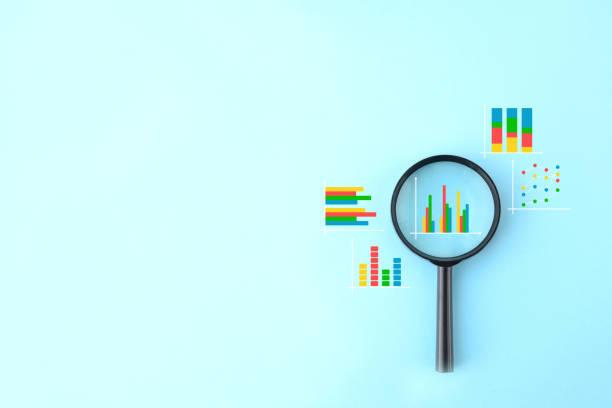Economics Degree: Curriculum, Career Paths, and Academic Choices
An economics degree provides a structured way to study how individuals, firms, and governments make choices under scarcity. Programs balance theory and applied methods, offering quantitative tools, empirical analysis, and conceptual frameworks that are widely used in public policy, business, and finance. This article outlines what to expect from an economics program, how it fits into broader education pathways, common career trajectories, connections to finance roles, factors for choosing a university, and the practical skills graduates develop.

What does an economics degree cover?
A typical economics curriculum includes microeconomics, macroeconomics, econometrics, and electives such as labor economics, development, environmental economics, and industrial organization. Students learn mathematical modeling, statistical inference, and how to interpret data in policy and market contexts. Coursework often combines lectures with problem sets and empirical projects. Many programs also require a capstone thesis or applied research project that demonstrates the ability to frame a question, collect or use data, and draw evidence-based conclusions relevant to real-world economic issues.
How does an economics degree fit into education pathways?
An undergraduate degree in economics can be a terminal qualification for entry-level roles or a foundation for further study. Graduates may continue to master’s programs in economics, public policy, business (MBA), or finance, or pursue doctoral work if interested in research or academic careers. Economics education is multidisciplinary, drawing from mathematics, statistics, political science, and history; students often combine majors or minors to tailor skills—for example pairing economics with computer science for data-focused roles or with sociology for policy work.
What career options follow an economics degree?
Economics graduates find roles in government agencies, research institutes, consulting firms, and private companies. Typical job titles include economic analyst, policy analyst, data analyst, research associate, and analyst in regulatory or international institutions. The degree supports work on taxation, labor markets, trade, and public finance. Career progression depends on experience and specialization; some graduates move into management, consulting, or technical roles that require additional training in data science, programming, or sector-specific knowledge.
How does an economics degree relate to finance roles?
Economics and finance overlap in areas like markets, asset pricing, risk, and macroeconomic influences on financial systems. An economics degree provides analytical frameworks to understand market behavior, monetary policy, and financial regulation, which are valuable for roles in investment banking, asset management, risk analysis, and corporate finance. Employers in finance often seek candidates who can model economic scenarios, interpret macro trends, and communicate quantitative findings. Adding coursework in accounting, financial modeling, or certifications can strengthen direct entry into finance positions.
Choosing a university and studying in your area
Selecting a university for an economics degree involves evaluating curriculum depth, faculty research, opportunities for internships or cooperative placements, and the availability of electives that match career interests. Consider whether the program emphasizes theoretical foundations, applied econometrics, or policy analysis, and whether there are links to local services, government bodies, or industry partners for practical experience. Location may influence internship access and networking; studying in your area can reduce costs and enable relationships with regional employers, while studying elsewhere may expose you to different labor markets and academic networks.
Skills gained from an economics education
An economics degree develops quantitative reasoning, data analysis, critical thinking, and written communication. Core skills include constructing economic models, conducting regression analysis, interpreting statistical results, and presenting findings clearly to technical and non-technical audiences. Problem-solving and the ability to evaluate trade-offs are central competencies applicable across sectors. Many programs also encourage collaborative work and the use of software tools like R, Python, Stata, or Excel—skills that increase employability in analytics, consulting, policy research, and finance.
Conclusion
An economics degree offers a versatile foundation for understanding markets, policy, and decision-making under scarcity. It equips students with analytical methods and applied tools that can be directed toward public sector roles, private industry positions, or further academic study. When choosing a program, consider curriculum focus, practical opportunities, and how the degree aligns with your intended career in finance, policy, or research.






